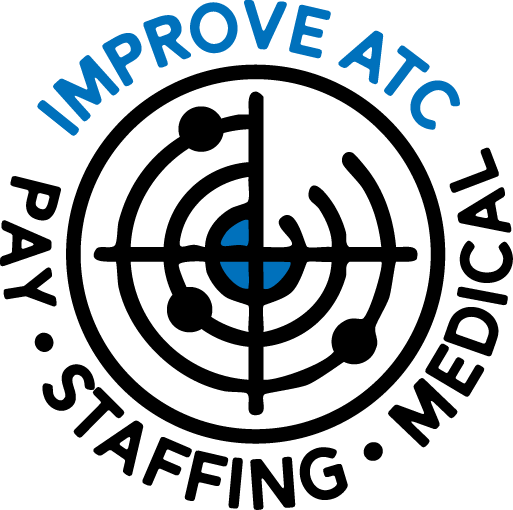Time for a Healthier Approach:
Improving the Medical Process for Air Traffic Controllers
Reforming outdated policies to support safety, retention, and the well-being of the people who keep our skies safe.
Every day, thousands of certified air traffic controllers (CPCs) show up to work with one mission: to protect the flying public. But what many people don’t see behind the radar scopes and headset mics is the immense pressure these professionals face — not just in the tower or center, but in maintaining their medical clearance to work.
The FAA’s current medical certification process for controllers is outdated, inconsistent, and in many cases, punishing. It's time for a more humane, science-based, and transparent approach.
The Problem: Uncertainty and Stigma
ATC medical requirements are strict — for good reason. But the process lacks transparency, modern mental health understanding, and timely decision-making. A controller who seeks help for anxiety, grief, or burnout risks being grounded indefinitely, even when treatment is mild or routine. Often, the FAA’s own review process drags on for months, leaving controllers in limbo with no pay, no support, and no clear answers.
This uncertainty has a chilling effect. Many avoid getting help altogether, fearing that seeking care will cost them their livelihood.
The Consequences: Safety, Staffing, and Stress
Ironically, the current system undermines the very safety it’s designed to protect. When controllers don’t feel safe reporting health concerns — or are penalized for doing so — problems are hidden instead of addressed. That’s dangerous in any high-stakes profession, and it contributes to burnout and early retirements.
It’s also a workforce issue. With staffing already in crisis, losing experienced CPCs to medical bureaucracy is a loss the system can’t afford. Modernizing medical standards and timelines would improve retention, morale, and trust.
What Needs to Change
Controllers and their advocates are calling for common-sense improvements:
- Faster decision timelines for medical review and appeals
- Evidence-based guidelines for mental health conditions, aligned with modern medicine
- Pathways for return-to-duty that focus on recovery, not punishment
- Transparency and consistency in FAA decision-making
- Protections against career-ending consequences for those who proactively seek care
These reforms don’t mean lowering the bar — they mean applying today’s science and compassion to keep the system strong and fair.
Supporting Those Who Keep Us Safe
The air traffic controller workforce is one of the most skilled, committed, and safety-driven in government service. They deserve a medical process that respects their humanity as much as their responsibility.
It’s time to shift from a system that controllers fear to one they can trust — one that prioritizes safety and well-being.
